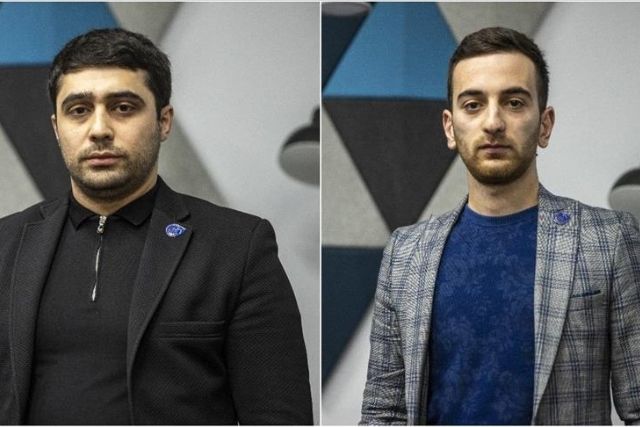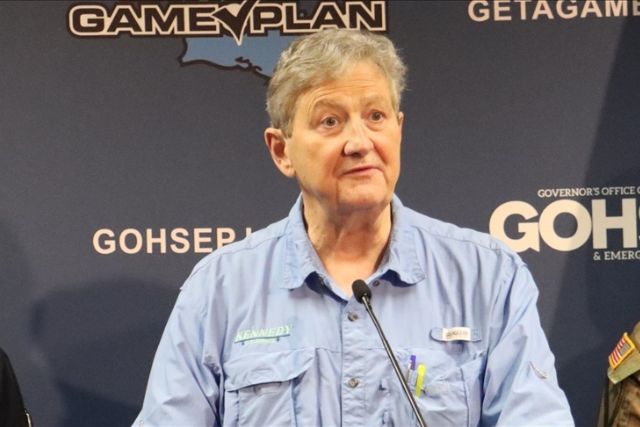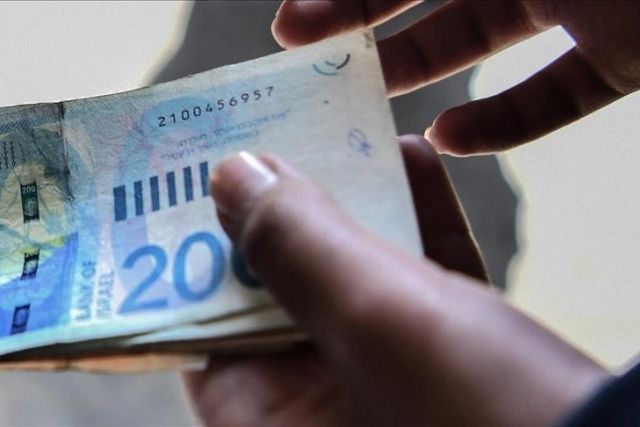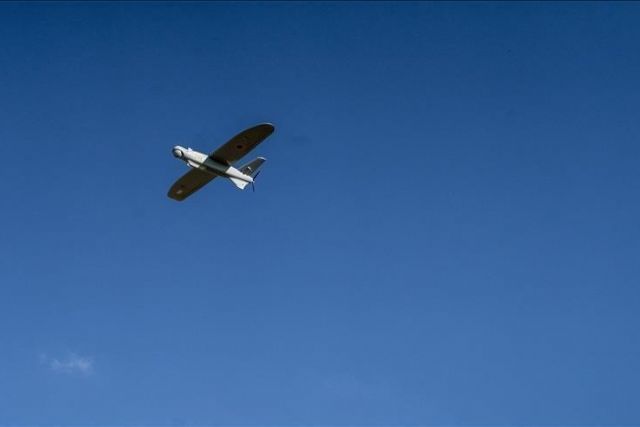Turkiye-Armenia normalization gives Turkology students a chance to do the unthinkable
Armenian students hope reopened borders increase travel, interaction between bickering neighbors

YEREVAN, Armenia
Sergey Grigoryan, a 27-year-old doctoral student, views the push for normalization between Turkiye and Armenia as more than just welcome rapprochement between two neighbors at odds for decades.
For Grigoryan, and others like him, the prospect of peace presents an otherwise unthinkable opportunity – more interaction with Turkish people.
The possibility of engaging with their neighbors holds particular significance for Grigoryan and a growing crop of Armenian students pursuing Turkology as their academic interest.
Grigoryan has a master's degree in Turkology from Yerevan State University, where he is now doing his PhD in the same field, focusing on the history, languages, cultures and ethnology of the more than 170 million Turkic people in the world.
Turkiye has the largest proportion of this figure and remains the most dominant of all Turkic-speaking nations.
“I have always been drawn to Turkish history, culture, language and literature,” he said in a conversation with Anadolu Agency, speaking fluent Turkish.
Armenia's proximity to the Middle East was another factor in his decision to opt for the field, he added, as was the fact that “Turkiye is our neighbor and one of the influential states in this region today.”
“Armenians also made immense contributions during the Ottoman period and at other points in the history of Turkiye,” said Grigoryan, who wants to teach Turkology at the university after his doctorate.
“We also study Turkiye's media, movies and history. I remember from our classes that Halide Edip Adivar was one of the people who founded Anadolu Agency in 1920,” he said.
Normalization between Turkiye and Armenia will “open up space for young people to do research, write their dissertations, finish their doctorates,” according to Grigoryan.
Sedrak Sargsyan is completing his master's in Turkology at Yerevan State University, and has a clear objective for the future; to work for Armenia's Foreign Ministry.
Apart from studying “a lot because that's the only way to get into the Foreign Ministry,” the 24-year-old has been learning the Turkish language – an endeavor he found simple at the outset but increasingly challenging as he dived in deeper.
“Speaking is particularly difficult. I don't have much practice because there is no one to practice with here,” he said.
“So, if the borders reopen, we will welcome Turkish people here and we will go to their country. These contacts and interactions will definitely help us improve our Turkish language skills,” he said.
With flights between Turkiye and Armenia having just recently resumed after a two-year halt, Sargsyan said he will be heading to Turkiye after his studies.
Grigoryan has similar plans and is eager to experience Turkish life and culture firsthand.
“We have never had the opportunity to meet or talk to the Turks,” he said.
“In my view, nothing can be resolved unless you talk to each other. This is the only way to find a solution.”





